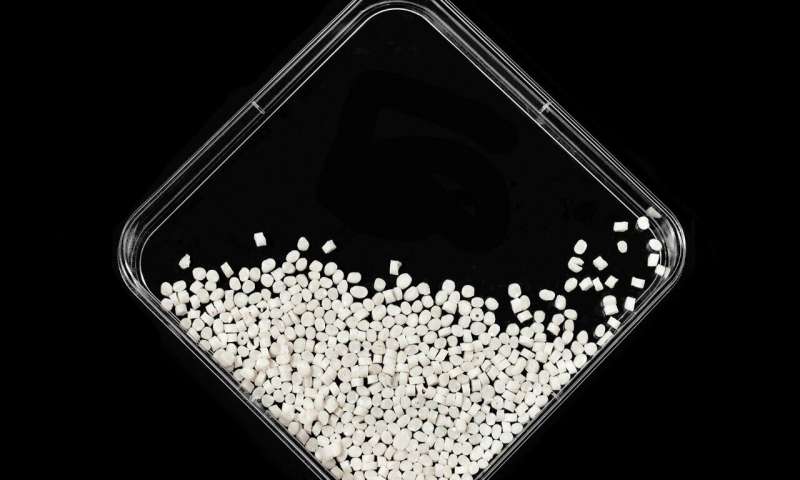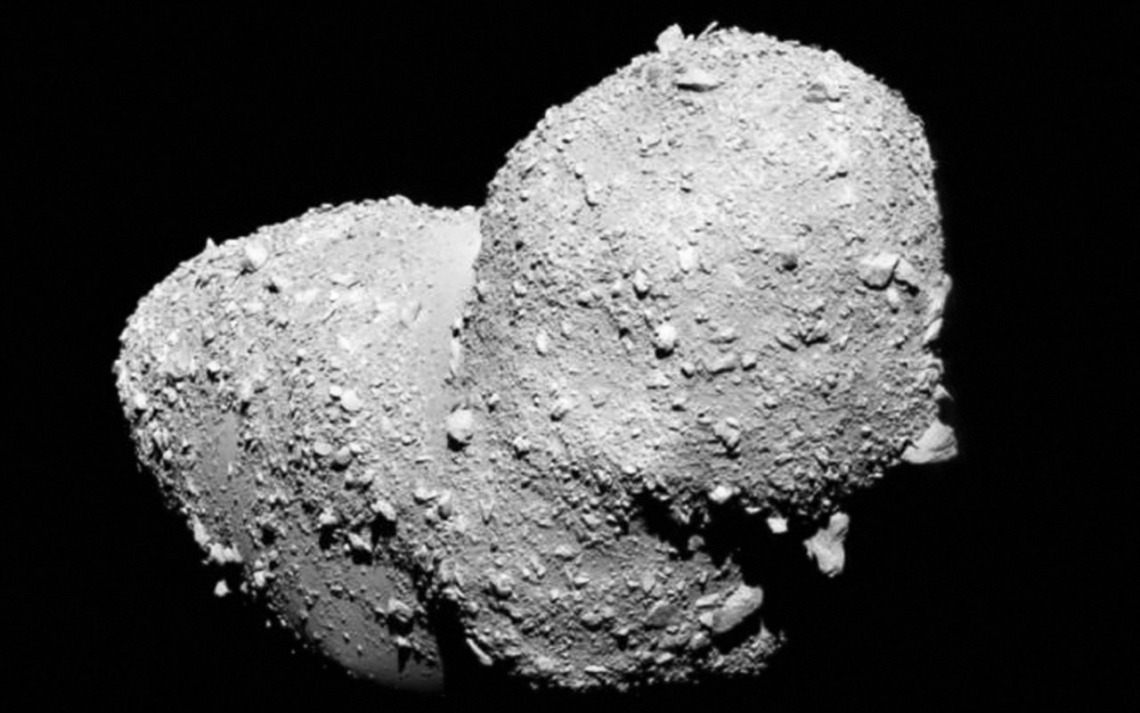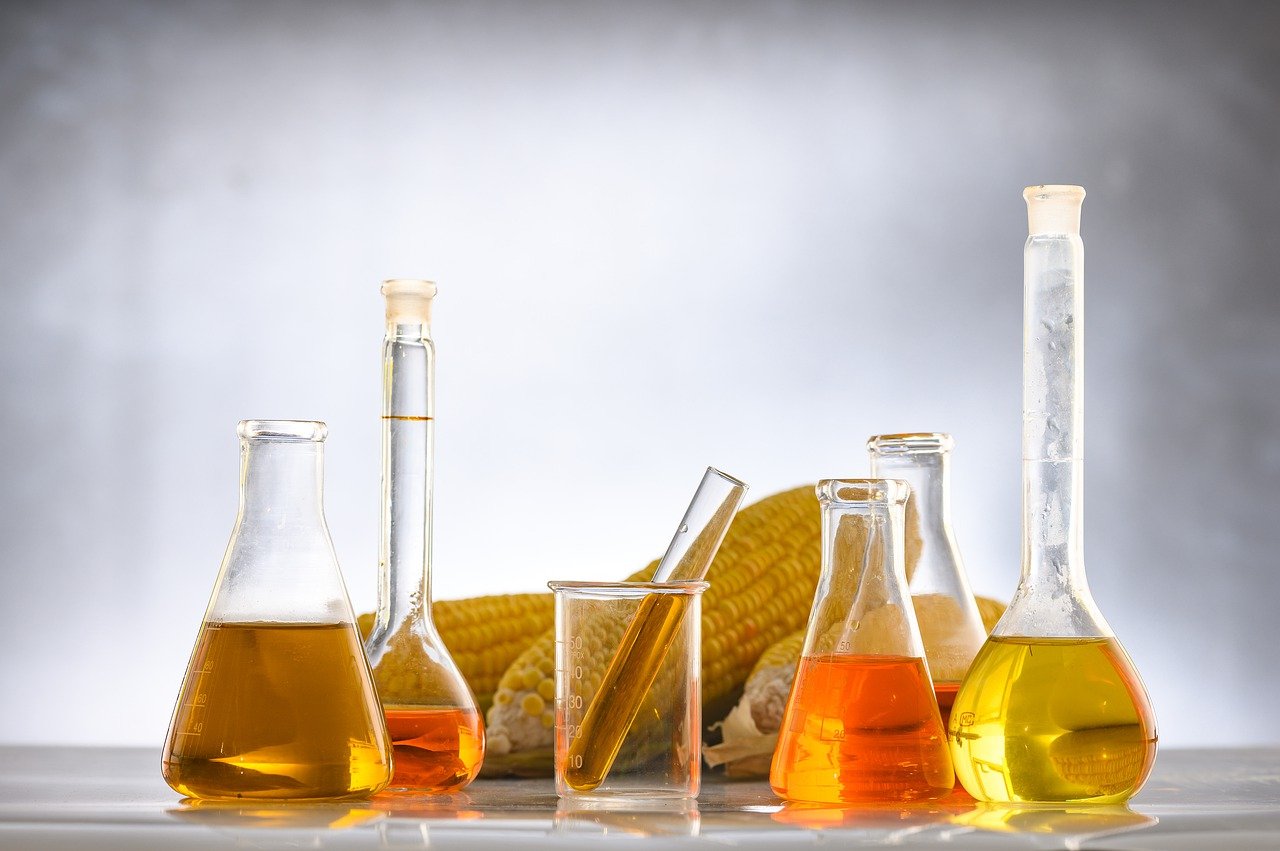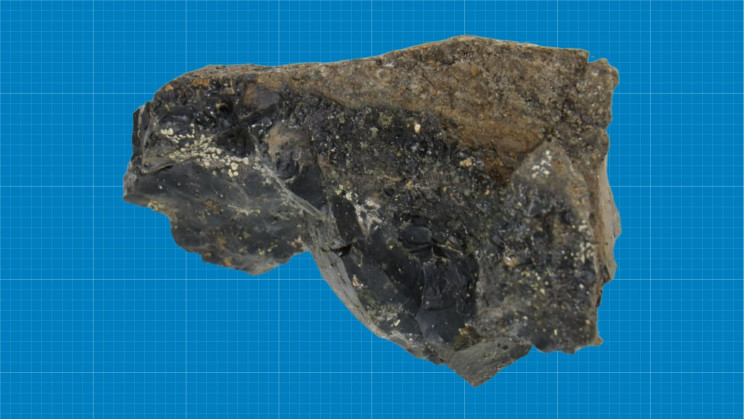Plastics are versatile, lightweight, flexible, and highly durable. These are not only used in daily affairs but are also used in aeronautics, electronics, packaging, transportation, construction industry, etc.
The main issues with traditional plastics are that they’re made from non-renewable petroleum, and are not easily biodegraded once discarded.
Now German scientists have developed a new type of easily-degradable plastic made of reclaimed waste. According to the researchers, this plastic degrades in less than a year.
For generating this “eco-friendly” plastic, scientists worked with industrial waste like fats that contained a high level of residual minerals. The researcher’s new innovative method turns industrial leftovers into polyhydroxybutyrate (PHB).
Soon PHB will be used to manufacture and break down mainly disposable products in an ecofriendly way
Christoph Hein, head of the Microproduction Technology department, said, “To this end, we convert biogenic residues such as waste fats into polyesters that can be put to technical use,”
This new process put forward an eco-friendly alternative to making and degrading single-use products and other disposable items. According to researchers, PHB-based polyester exhibit similar properties as that of polypropylene.
However, PHB-based polyester products on discarding in the ordinary landfill will reportedly break down completely within six to 12 months by naturally occurring micro-organisms. Scientists suggests this new material could be used mainly in single-use, disposable products.







